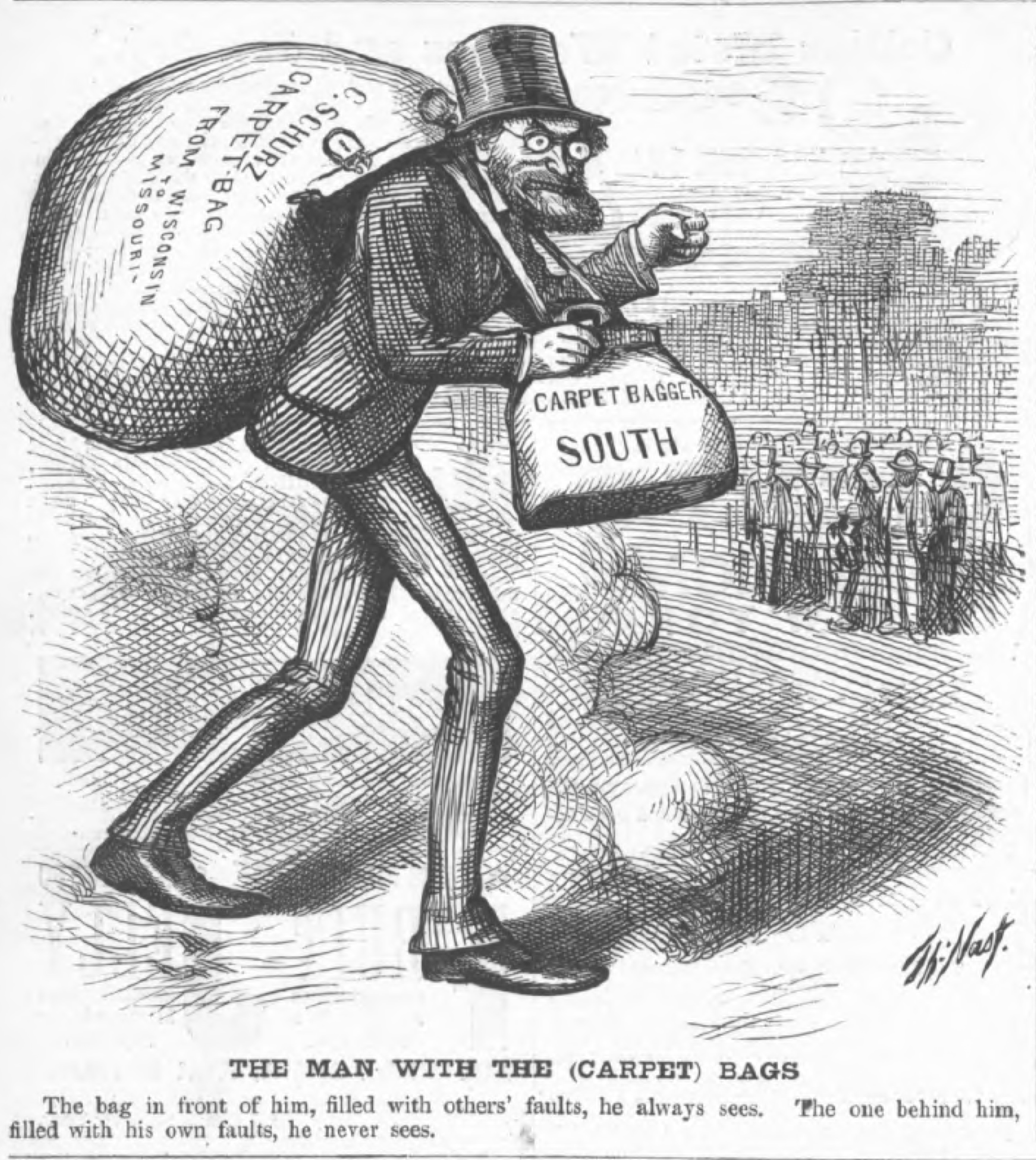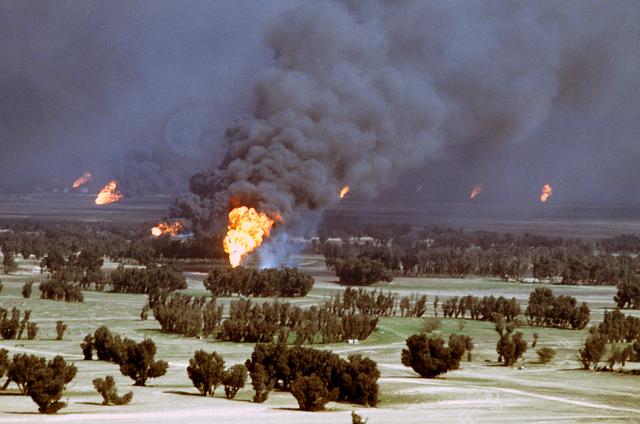|
Tara (plantation)
Tara is the name of a fictional plantation in the state of Georgia, in the historical novel '' Gone with the Wind'' (1936) by Margaret Mitchell. In the story, Tara is located from Jonesboro (originally spelled Jonesborough), in Clayton County, on the east side of the Flint River about south of Atlanta. Mitchell modeled Tara after local plantations and antebellum establishments, particularly Rural Home, the Clayton County plantation on which her maternal grandmother, Annie Fitzgerald Stephens (1844–1934), the daughter of Irish immigrant Philip Fitzgerald (1798–1880) and his American wife, Eleanor Avaline "Ellen" McGhan (1818–1893), was born and raised. However, the original Rural Home, a two-story wooden structure, was not as palatial and glamorous as the one described in the novel and/or depicted in the 1939 movie '' Gone with the Wind''. Twelve Oaks, a neighboring plantation in the novel, is now the name of many businesses and a high school stadium in nearby Love ... [...More Info...] [...Related Items...] OR: [Wikipedia] [Google] [Baidu] |
Fiction
Fiction is any creative work, chiefly any narrative work, portraying individuals, events, or places that are imaginary, or in ways that are imaginary. Fictional portrayals are thus inconsistent with history, fact, or plausibility. In a traditional narrow sense, "fiction" refers to written narratives in prose often referring specifically to novels, novellas, and short stories. More broadly, however, fiction encompasses imaginary narratives expressed in any medium, including not just writings but also live theatrical performances, films, television programs, radio dramas, comics, role-playing games, and video games. Definition Typically, the fictionality of a work is publicly marketed and so the audience expects the work to deviate in some ways from the real world rather than presenting, for instance, only factually accurate portrayals or characters who are actual people. Because fiction is generally understood to not fully adhere to the real world, the themes a ... [...More Info...] [...Related Items...] OR: [Wikipedia] [Google] [Baidu] |
Savannah, Georgia
Savannah ( ) is the oldest city in the U.S. state of Georgia and is the county seat of Chatham County. Established in 1733 on the Savannah River, the city of Savannah became the British colonial capital of the Province of Georgia and later the first state capital of Georgia. A strategic port city in the American Revolution and during the American Civil War, Savannah is today an industrial center and an important Atlantic seaport. It is Georgia's fifth-largest city, with a 2020 U.S. Census population of 147,780. The Savannah metropolitan area, Georgia's third-largest, had a 2020 population of 404,798. Each year, Savannah attracts millions of visitors to its cobblestone streets, parks, and notable historic buildings. These buildings include the birthplace of Juliette Gordon Low (founder of the Girl Scouts of the USA), the Georgia Historical Society (the oldest continually operating historical society in the South), the Telfair Academy of Arts and Sciences (one of the S ... [...More Info...] [...Related Items...] OR: [Wikipedia] [Google] [Baidu] |
Donald McCaig
Donald McCaig (May 1, 1940 in Butte, Montana – November 11, 2018) was an American novelist, poet, essayist and sheepdog trainer. Early life and education McCaig was born in Butte, Montana and served in the United States Marine Corps for two years. He received a BA in philosophy from Montana State University in 1963 and subsequently completed postgraduate studies in shepherding and sheepdogs. Career He had a brief but successful career on New York's Madison Avenue before moving to a sheep farm in Bath County, near Williamsville in the western mountains of Virginia with his wife, Anne. His 1998 novel, ''Jacob's Ladder'', and his 2008 novel, ''Canaan'', won the ''Michael Shaara Award for Excellence in Civil War Fiction''. ''Jacob's Ladder'' also won the Library of Virginia Fiction Award, the John Esten Cooke Award for Southern Fiction, and the W.Y. Boyd Literary Award for Excellence in Military Fiction. His last work was ''Ruth's Journey: The Authorized Novel of Mammy from Ma ... [...More Info...] [...Related Items...] OR: [Wikipedia] [Google] [Baidu] |
Sharecropping
Sharecropping is a legal arrangement with regard to agricultural land in which a landowner allows a tenant to use the land in return for a share of the crops produced on that land. Sharecropping has a long history and there are a wide range of different situations and types of agreements that have used a form of the system. Some are governed by tradition, and others by law. The Italian '' mezzadria'', the French '' métayage'', the Catalan ''masoveria'', the Castilian ''mediero'', the Slavic ''połowcy'' and ''izdolshchina'', and the Islamic system of ''muzara‘a'' (المزارعة), are examples of legal systems that have supported sharecropping. Overview Sharecropping has benefits and costs for both the owners and the tenant. Under a sharecropping system, the landowner provided a share of land to be worked by the sharecropper, and usually provided other necessities such as housing, tools, seed, or working animals. Local merchants usually provided food and other supplie ... [...More Info...] [...Related Items...] OR: [Wikipedia] [Google] [Baidu] |
Rhett Butler
Rhett Butler (Born in 1828) is a fictional character in the 1936 novel ''Gone with the Wind'' by Margaret Mitchell and in the 1939 film adaptation of the same name. It is one of Clark Gable's most recognizable and significant roles. Role Rhett's personality is that of a cynical, charming, and mocking philanderer. He frequently declares that he has no honor, though he respects those he considers true gentlemen or ladies. He often thinks the worst of Scarlett, even as he admires and loves her. During their first meeting, he says she is no lady, just as he is no gentleman. He often mocks her attempts to be gentle, kind, or ladylike, believing it doesn't suit her, and encourages her scheming ways, even as he despises them. He presents a fickle and dapper front, saying things he doesn't mean and causing Scarlett to misunderstand him. His constant, defensive teasing cause her to distrust his true intentions, even when she manages to perceive them. In turn, he does not recognize that ... [...More Info...] [...Related Items...] OR: [Wikipedia] [Google] [Baidu] |
Scalawags
In United States history, the term scalawag (sometimes spelled scallawag or scallywag) referred to white Southerners who supported Reconstruction policies and efforts after the conclusion of the American Civil War. As with the term ''carpetbagger'', the word has a long history of use as a slur in Southern partisan debates. The post-Civil War opponents of the scalawags claimed they were disloyal to traditional values and white supremacy.Ted Tunnell. 2006. Creating "The Propaganda of History": Southern Editors and the Origins of "Carpetbagger and Scalawag". The Journal of Southern History , Vol. 72, No. 4 (Nov., 2006), pp. 789–822 Scalawags were particularly hated by 1860s–1870s Southern Democrats, who called Scalawags ''traitors to their region'' (long known for its widespread chattel slavery). Prior to the Civil War, most Scalawags had been opposed to the southern states' (the Confederacy's) secession from the United States. The term is commonly used in historical stud ... [...More Info...] [...Related Items...] OR: [Wikipedia] [Google] [Baidu] |
Carpetbaggers
In the history of the United States, carpetbagger is a largely historical term used by Southerners to describe opportunistic Northerners who came to the Southern states after the American Civil War, who were perceived to be exploiting the local populace for their own financial, political, and/or social gain. The term broadly included both individuals who sought to promote Republican politics (including the right of African Americans to vote and hold office) and individuals who saw business and political opportunities because of the chaotic state of the local economies following the war. In practice, the term ''carpetbagger'' was often applied to any Northerners who were present in the South during the Reconstruction Era (1865–1877). The term is closely associated with "scalawag", a similarly pejorative word used to describe native white Southerners who supported the Republican Party-led Reconstruction. White Southerners commonly denounced "carpetbaggers" collectively duri ... [...More Info...] [...Related Items...] OR: [Wikipedia] [Google] [Baidu] |
Quinine
Quinine is a medication used to treat malaria and babesiosis. This includes the treatment of malaria due to '' Plasmodium falciparum'' that is resistant to chloroquine when artesunate is not available. While sometimes used for nocturnal leg cramps, quinine is not recommended for this purpose due to the risk of serious side effects. It can be taken by mouth or intravenously. Malaria resistance to quinine occurs in certain areas of the world. Quinine is also used as an ingredient in tonic water to impart a bitter taste. Common side effects include headache, ringing in the ears, vision issues, and sweating. More severe side effects include deafness, low blood platelets, and an irregular heartbeat. Use can make one more prone to sunburn. While it is unclear if use during pregnancy causes harm to the baby, treating malaria during pregnancy with quinine when appropriate is still recommended. Quinine is an alkaloid, a naturally occurring chemical compound. How it works as a ... [...More Info...] [...Related Items...] OR: [Wikipedia] [Google] [Baidu] |
Laudanum
Laudanum is a tincture of opium containing approximately 10% powdered opium by weight (the equivalent of 1% morphine). Laudanum is prepared by dissolving extracts from the opium poppy (''Papaver somniferum Linnaeus'') in alcohol (ethanol). Reddish-brown in color and extremely bitter, laudanum contains several opium alkaloids, including morphine and codeine. Laudanum was historically used to treat a variety of conditions, but its principal use was as a pain medication and cough suppressant. Until the early 20th century, laudanum was sold without a prescription and was a constituent of many patent medicines. Today, laudanum is recognized as addictive and is strictly regulated and controlled as such throughout most of the world. The United States Controlled Substances Act, for one example, lists it on Schedule II, the second strictest category. Laudanum is known as a "whole opium" preparation since it historically contained all the alkaloids found in the opium poppy, w ... [...More Info...] [...Related Items...] OR: [Wikipedia] [Google] [Baidu] |
Scorched Earth
A scorched-earth policy is a military strategy that aims to destroy anything that might be useful to the enemy. Any assets that could be used by the enemy may be targeted, which usually includes obvious weapons, transport vehicles, communication sites, and industrial resources. However, anything useful to the advancing enemy may be targeted, including food stores and agricultural areas, water sources, and even the local people themselves, though the last has been banned under the 1977 Geneva Conventions. The practice can be carried out by the military in enemy territory or in its own home territory while it is being invaded. It may overlap with, but is not the same as, punitive destruction of the enemy's resources, which is usually done as part of political strategy, rather than operational strategy. Notable historic examples of scorched-earth tactics include William Tecumseh Sherman's March to the Sea in the American Civil War, Kit Carson's subjugation of the A ... [...More Info...] [...Related Items...] OR: [Wikipedia] [Google] [Baidu] |
Blockade
A blockade is the act of actively preventing a country or region from receiving or sending out food, supplies, weapons, or communications, and sometimes people, by military force. A blockade differs from an embargo or sanction, which are legal barriers to trade rather than physical barriers. It is also distinct from a siege in that a blockade is usually directed at an entire country or region, rather than a fortress or city and the objective may not always be to conquer the area. While most blockades historically took place at sea, blockades are also used on land to prevent entrance of an area. For example, Armenia is a landlocked country that Turkey and Azerbaijan blockade. Thus, Armenia cannot conduct international trade through those countries, and mainly trades through Georgia. This restricts the country's economic development. A blockading power can seek to cut off all maritime transport from and to the blockaded country; although stopping all land transp ... [...More Info...] [...Related Items...] OR: [Wikipedia] [Google] [Baidu] |
Battle Of Vicksburg
The siege of Vicksburg (May 18 – July 4, 1863) was the final major military action in the Vicksburg campaign of the American Civil War. In a series of maneuvers, Union Maj. Gen. Ulysses S. Grant and his Army of the Tennessee crossed the Mississippi River and drove the Confederate Army of Mississippi, led by Lt. Gen. John C. Pemberton, into the defensive lines surrounding the fortress city of Vicksburg, Mississippi. Vicksburg was the last major Confederate stronghold on the Mississippi River; therefore, capturing it completed the second part of the Northern strategy, the Anaconda Plan. When two major assaults against the Confederate fortifications, on May 19 and 22, were repulsed with heavy casualties, Grant decided to besiege the city beginning on May 25. After holding out for more than forty days, with their supplies nearly gone, the garrison surrendered on July 4. The successful ending of the Vicksburg campaign significantly degraded the ability of the Confederacy to ... [...More Info...] [...Related Items...] OR: [Wikipedia] [Google] [Baidu] |









